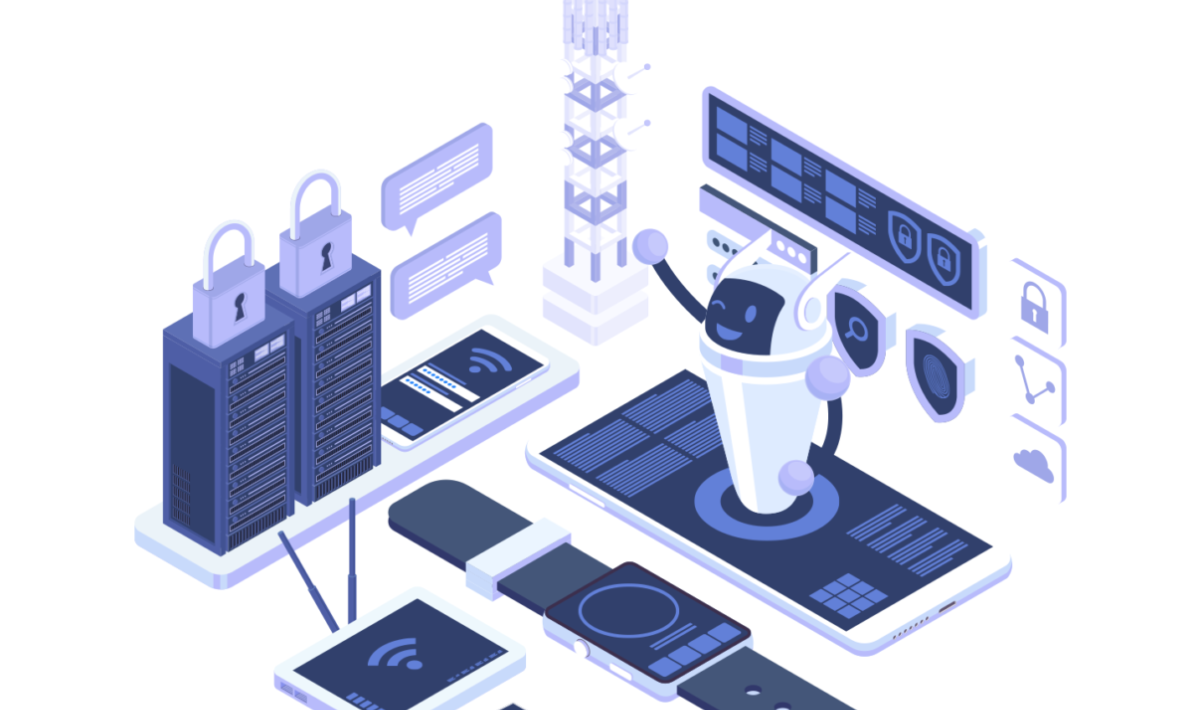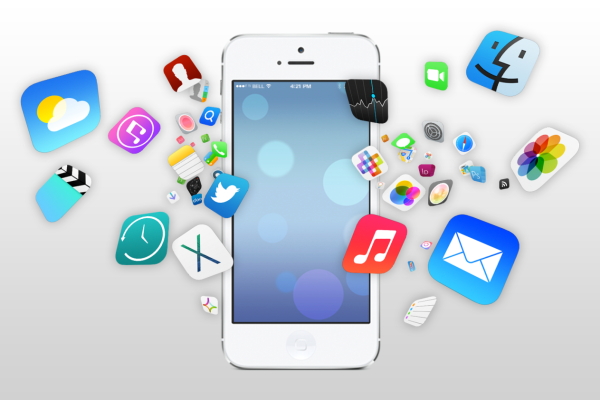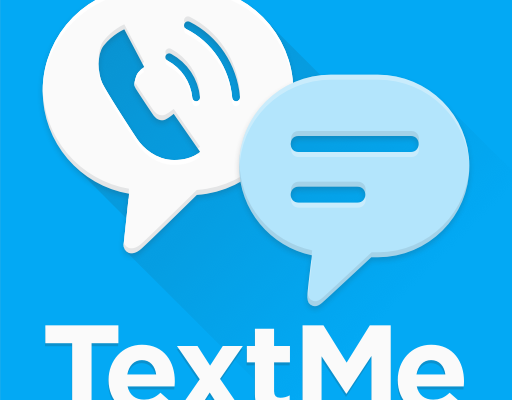In a world that thrives on digital innovation, mobile applications have become the lifeline of modern businesses. As we dive headfirst into 2023, it’s crucial to keep a pulse on the ever-evolving landscape of Mobile App Testing Tools development. The race to outrank competitors and captivate users with groundbreaking experiences has never been more exhilarating.
Imagine a world where mobile apps possess the power of artificial intelligence, seamlessly integrating with our lives to deliver personalized recommendations, virtual assistance, and intelligent solutions. Envision a future where the Internet of Things intertwines our devices, transforming our smartphones into gateways to control our homes, track our fitness, and unlock endless possibilities.
Picture a reality where augmented reality and virtual reality blur the lines between the physical and digital realms, immersing us in captivating experiences like never before.
Are you ready to embark on a journey that will reshape the way we interact with technology? Get ready to explore the top 21 mobile app development trends that will redefine the app industry in 2023. By embracing these trends, businesses can harness the full potential of mobile apps and drive growth like never before.
Table of Contents
Mobile App Development Trends
1. Artificial Intelligence and Machine Learning
Artificial Intelligence (AI) and Machine Learning (ML) have revolutionized the way mobile apps function. From personalized recommendations to virtual assistants, AI and ML are enabling mobile app testing tools to deliver standardized user experiences. In 2023, we can expect AI and ML to continue shaping the mobile app landscape, empowering businesses to provide intelligent, data-driven solutions to their users.
2. Internet of Things (IoT) Integration
The Internet of Things (IoT) is connecting devices like never before. With IoT integration, mobile apps can communicate with various smart devices, opening up endless possibilities. From controlling home appliances to tracking fitness data, IoT integration will play a significant role in shaping the future of mobile app development.
3. Augmented Reality (AR) and Virtual Reality (VR)
AR and VR technologies are transforming the way we interact with mobile apps. With AR and VR, businesses can create immersive experiences, allowing users to visualize products. Try out its virtual simulations, and explore virtual worlds. In 2023, we can expect to see more mobile apps leveraging AR and VR to deliver engaging and captivating experiences with Mobile App Testing Tools.
4. 5G Technology
With the rollout of 5G technology, mobile app developers can leverage faster network speeds and lower latency. This opens up possibilities for real-time streaming, seamless video calls, and faster data transfer within apps. In 2023, the widespread adoption of 5G will pave the way for more innovative and data-intensive mobile applications. When not connected to a superfast Wifi network like Port Charlotte fiber internet, 5G allows mobile users to get the most out of their devices. This innovation is life-changing.
5. Chatbots and Conversational Interfaces
Chatbots and conversational interfaces have become increasingly popular in mobile apps and mobile app testing tools. As, they provide instantly answer user queries, and offer personalized recommendations. In 2023, we can expect further advancements in natural language processing and voice recognition, making chatbots even more intuitive and human-like.
6. Progressive Web Apps (PWAs)
Progressive Web Apps combine the best of both web and mobile app experiences. They offer the convenience of web accessibility while providing app-like functionality. With features like offline capabilities and push notifications, PWAs will gain more traction in 2023, enabling businesses to reach a wider audience with cross-platform compatibility.
7. Biometric Authentication
Enhancing app security is a top priority, and biometric authentication is becoming the go-to method for user verification. Technologies like fingerprint recognition, facial recognition, and iris scanning provide a seamless and secure authentication process. In 2023, we can expect mobile apps to integrate advanced biometric authentication methods to safeguard user data.
8. Blockchain Integration
Blockchain technology is not limited to cryptocurrencies; it has the potential to transform the realm of mobile app development and mobile app testing tools as well. By leveraging the decentralized and secure nature of blockchain, mobile apps can ensure transparent transactions, data integrity, and improved privacy. In 2023, we can anticipate more apps adopting blockchain for enhanced security and trust.
9. Instant Apps
Instant Apps allow users to access certain features of an app without installing the entire application. This eliminates the barrier of storage space and enables users to experience the app instantly. With instant apps, businesses can drive user engagement and provide a seamless onboarding experience.
10. Cloud-Based Mobile Apps
Cloud-based mobile apps offer numerous benefits, including scalability, flexibility, and reduced device storage requirements. In 2023, we can expect more apps to leverage cloud infrastructure for storing data, enabling seamless synchronization across devices, and enhancing the overall user experience.
11. Edge Computing
Edge computing brings computation and data storage closer to the source of data generation. By reducing latency and dependency on the cloud, edge computing enhances app performance and allows mobile app testing tools to keep a track of its processing capabilities in real time. In 2023, we can anticipate mobile apps leveraging edge computing for faster response times and improved reliability.
12. App Security and Privacy
As the number of mobile apps increases, ensuring robust security and privacy measures becomes crucial. In 2023, mobile apps will prioritize data encryption, secure authentication protocols, and compliance with privacy regulations. User trust and the protection of sensitive information will remain at the forefront of app development.
13. Enhanced Personalization
Personalization is key to delivering tailored experiences to users. In 2023, mobile app testing tools will leverage user data and AI algorithms to provide personalized content, recommendations, and user interfaces. By understanding user preferences and behaviors, apps can create highly engaging experiences that resonate with individual users.
14. Mobile Wallets and Payments
With the increasing popularity of digital payments, mobile apps will continue to integrate mobile wallets and payment gateways. In 2023, we can expect advancements in secure mobile payment technologies, making transactions seamless and convenient for users. Mobile apps will play a significant role in driving the transition to a cashless society.
15. Enhanced App Analytics
To gain valuable insights and optimize app performance, mobile app developers will leverage advanced analytics tools and mobile testing tools. In 2023, we can expect more comprehensive app analytics, including user behavior tracking, conversion rates, and in-depth engagement metrics. Data-driven decisions will empower businesses to refine their apps and maximize user satisfaction.
16. Gamification
Gamification techniques will continue to captivate users and boost engagement. By incorporating game elements such as leaderboards, achievements, and rewards, mobile apps can enhance user motivation and create immersive experiences. In 2023, we can expect more apps to gamify their interfaces, fostering user loyalty and long-term engagement.
17. Cross-Platform Development
Cross-platform development frameworks allow developers to build apps that work seamlessly across multiple platforms. In 2023, we can expect advancements in cross-platform Mobile App Testing Tools, enabling efficient code sharing and faster development cycles. This approach saves time and resources while reaching a broader user base.
18. Enhanced User Onboarding
First impressions matter, and mobile apps will focus on delivering exceptional user onboarding experiences. In 2023, we can expect more interactive tutorials, personalized onboarding flows, and intuitive interfaces that guide users through app functionalities. Smooth onboarding will increase user retention and minimize early drop-offs.
19. Voice-Based Apps and Search
Voice assistants like Siri, Alexa, and Google Assistant have become an integral part of our lives. In 2023, we can anticipate mobile apps and mobile app testing tools to incorporate voice-based interactions and voice search capabilities. By embracing voice technology, apps can provide hands-free experiences and cater to users’ growing preference for voice commands.
20. Enhanced User Feedback and Ratings
User feedback and ratings play a vital role in app success. In 2023, mobile apps will leverage advanced feedback mechanisms, sentiment analysis, and sentiment-based improvements. By actively listening to user feedback, apps can address issues promptly, improve user satisfaction, and foster a loyal user community.
21. App Store Optimization (ASO)
To ensure maximum visibility and app downloads, developers will focus on App Store Optimization. By optimizing app metadata, screenshots, and reviews, apps can rank higher in app store search results. In 2023, ASO will be a crucial factor in driving organic app discovery and increasing user acquisition.
Conclusion
Staying up-to-date with the latest mobile app development trends is vital for businesses to succeed in 2023 and beyond. The trends mentioned in this article, such as AI and ML integration, IoT, AR and VR experiences, 5G technology, and enhanced security measures, will shape the future of Mobile App Testing Tools. By embracing these trends and providing innovative, user-centric solutions, businesses can position themselves at the forefront of the mobile app landscape and drive growth in the digital era.





